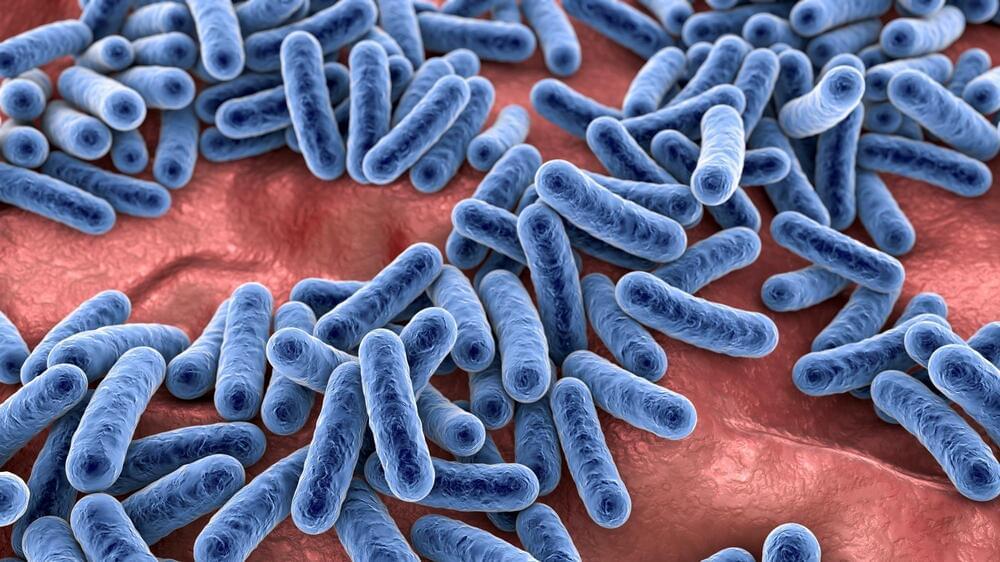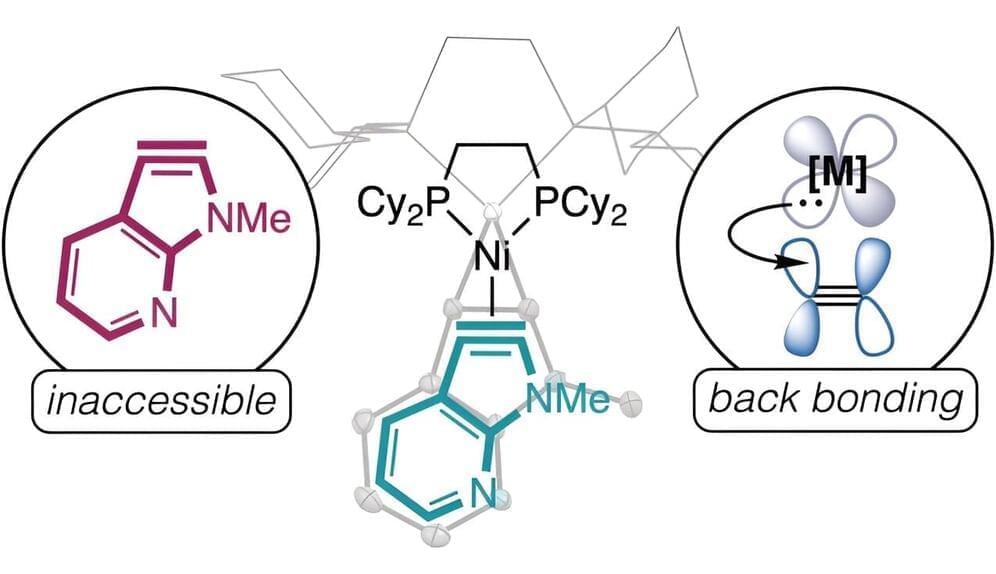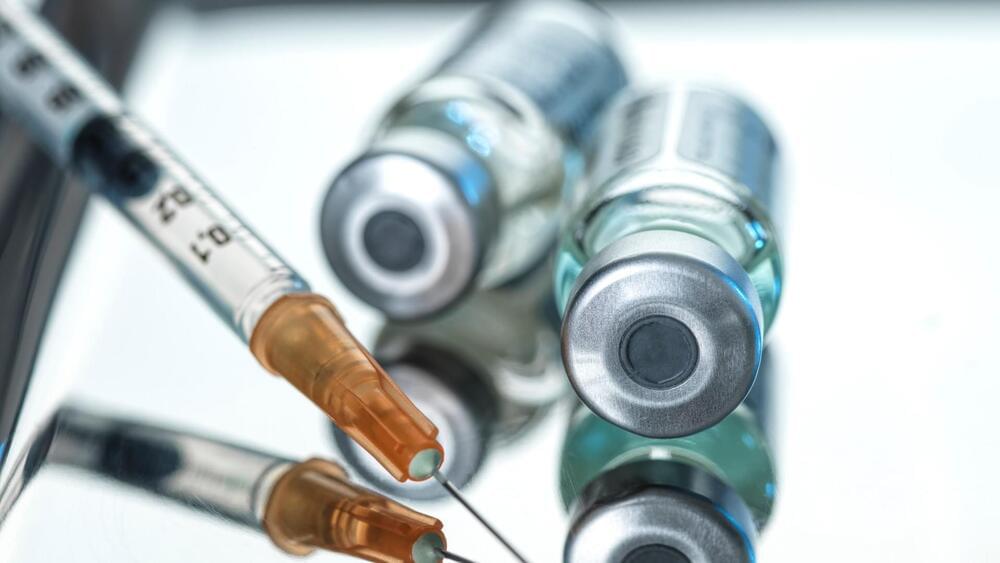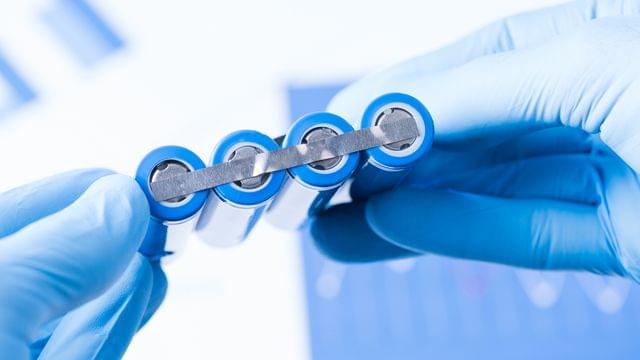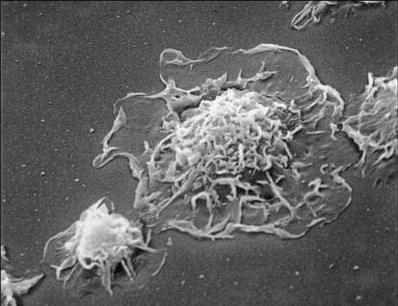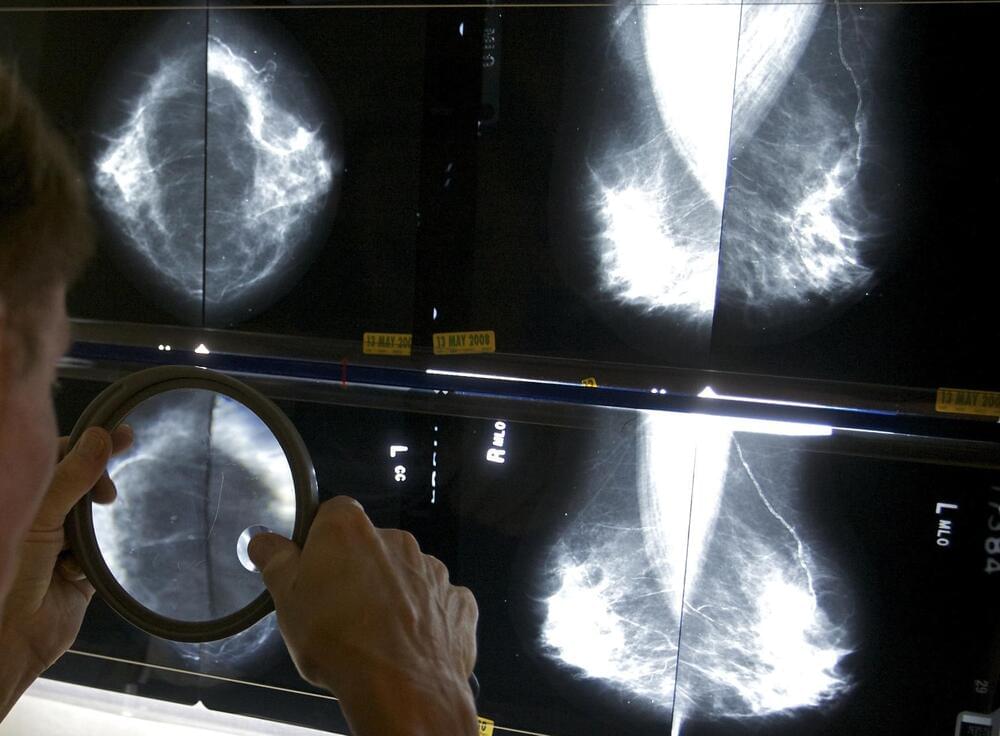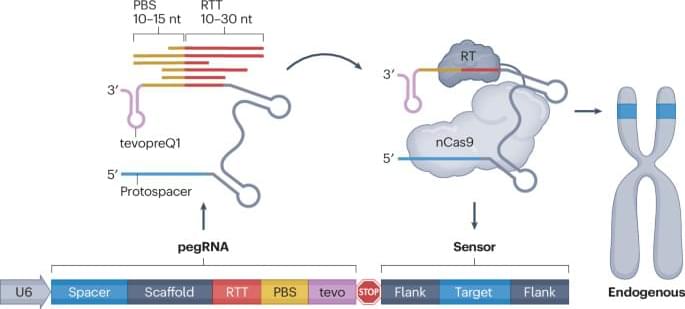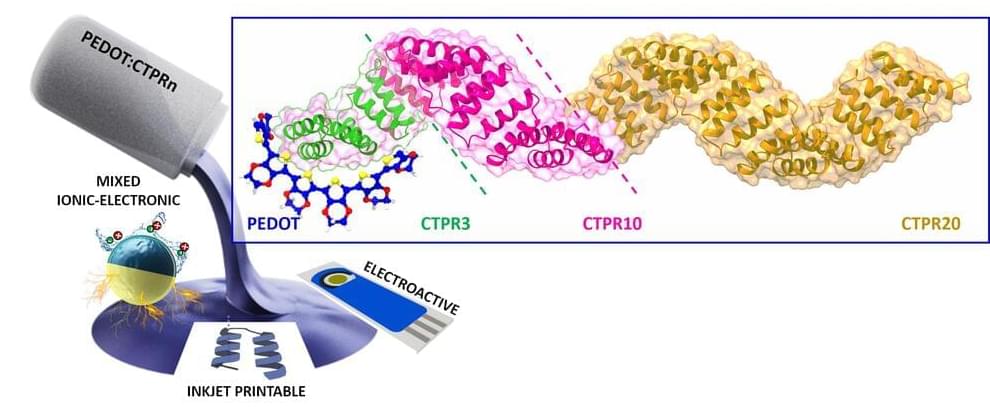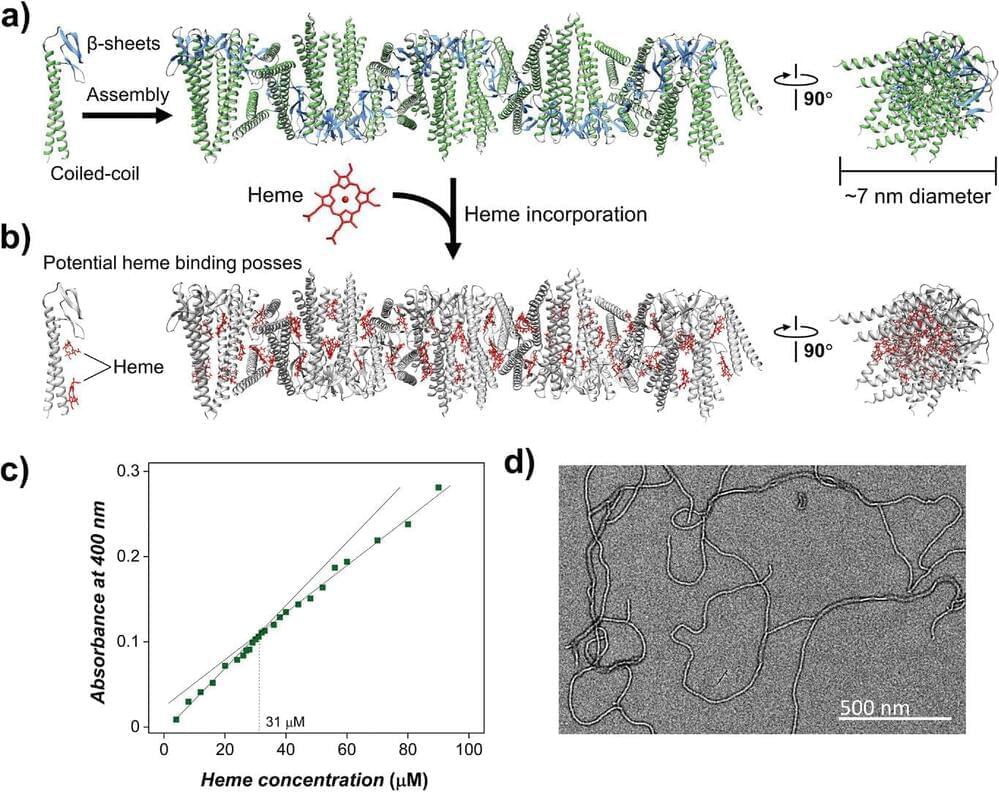
Engineered protein filaments originally produced by bacteria have been modified by scientists to conduct electricity. In a study published recently in the journal Small, researchers revealed that protein nanowires—which were modified by adding a single compound—can conduct electricity over short distances and harness energy from moisture in the air.
“Our findings open up possibilities for developing sustainable and environmentally friendly electrical components and devices, based on proteins,” says Dr. Lorenzo Travaglini, lead author on the paper. “These engineered nanowires could one day lead to innovations in energy harvesting, biomedical applications and environmental sensing.”
Developments in the interdisciplinary field that combine protein engineering and nanoelectronics also hold promise for developing cutting-edge technologies that bridge the gap between biological systems and electronic devices.
